Dirty money loophole: Backdated laws rushed into parliament after Chief Justice rules criminals’ cash was illegally seized for years
A bombshell ruling by SA’s top judge means authorities have illegally seized vast sums of money from criminals’ bank accounts since 2005, prompting an urgent change to state law.
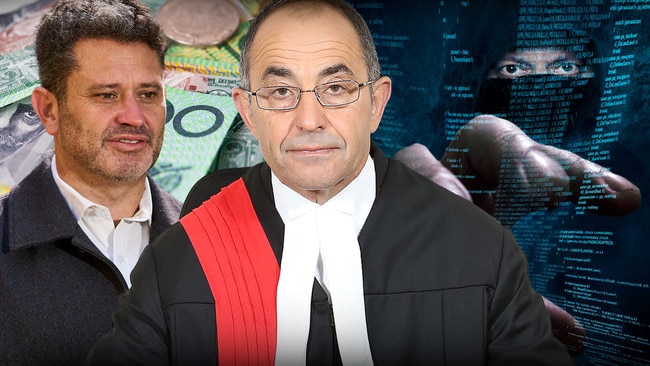
Police & Courts
Don't miss out on the headlines from Police & Courts. Followed categories will be added to My News.
Dirty money worth hundreds of millions of dollars has been illegally seized for almost two decades, the state’s top judge has ruled, sparking an unprecedented legal crisis for authorities.
In a landmark Supreme Court ruling that blindsided law enforcement bosses, Chief Justice Chris Kourakis found it unlawful that SA Police had raided a drug trafficker’s bank account to seize $181,000.
The decision, based on a legal technicality, has also forced senior police to suspend the force’s use of such warrants as authorities feared a “drastic” impact on crime-fighting operations.
The state government, with opposition support, on Thursday quietly rushed emergency proceeds of crime laws into parliament on one of its busiest political days.
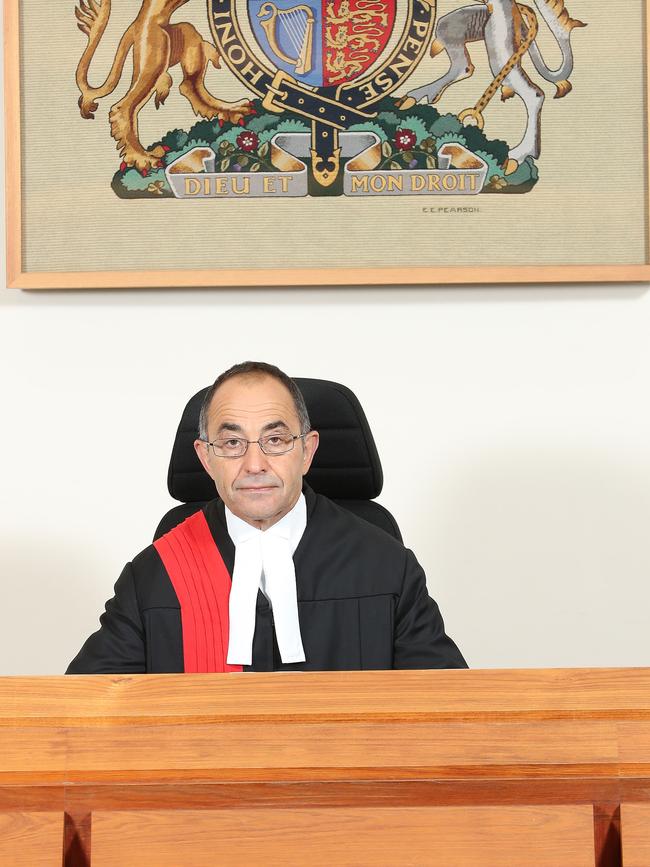
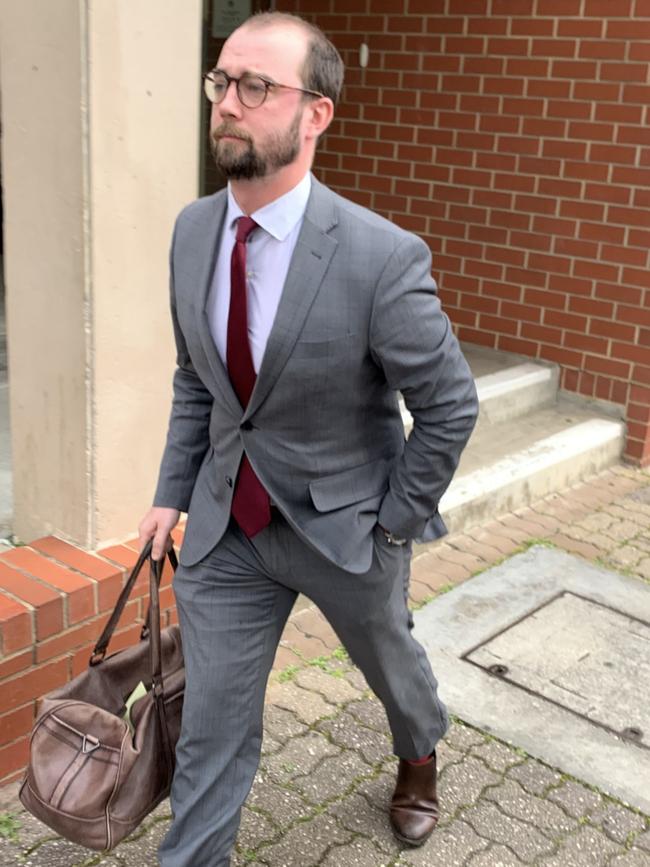
Senior government sources said proposed laws, tabled as the state budget was unveiled, closed – and backdated – a loophole that risked taxpayers being left “liable” for flawed criminal money seizures over the past 19 years.
While precise amounts are unknown, officials estimate authorities have seized hundreds of millions of dollars from bank accounts, under criminal confiscation laws enforced since 2005.
A South Australian, aged in his 20s, launched the legal fight.
The country-based man, who cannot be named for legal reasons, will face a District Court trial next year after pleading not guilty to various charges including large, commercial size drug trafficking.

The accused’s lawyer, Sean Nottle, appealed to the Supreme Court after Serious and Organised Crime Branch detectives transferred $181,056.02 from his client’s three Commonwealth Bank accounts.
The lawsuit, launched against Director of Public Prosecutions Martin Hinton KC, centred on claims a complex legal principle “chose in action” made the warrant invalid.
Legal experts say the action gives citizens the right to an “intangible object” - such as depositing, withdrawing or having access to funds that a bank holds in their name.
But Mr Nottle, a former state prosecutor, argued authorities had no right to “seize” the funds instead of freezing it, as police could only legally take “tainted” physical items such as cash, property, vehicles, vessels or artwork.
The legal drama unfolded in February during a first hearing when the Chief Justice queried police powers under the Criminal Assets Confiscation Act 2005.
After telling Mr Nottle he didn’t need to hear his oral submissions, the Chief Justice questioned third-year prosecutor Angas van Balen, who appeared on Mr Hinton’s behalf.
He told the Chief Justice the warrants were regularly used over many years, which involved a “great amount” of seized money.
Despite the government’s top lawyers not being briefed, the court heard any unlawful ruling would have an “extremely drastic” effect on the state.
The court heard a longstanding police practice was to secretly compel banks, with legally obtained warrants, to transfer suspected dirty funds to the state government’s legal services trust account, which the Crown Solicitor’s Office controlled.


This meant police and prosecutors didn’t need to meet a 72-hour deadline to formally “freeze”, or restrict access to a criminal’s money within three days of being charged.
If convicted, a court can make a restraining or forfeiture order with any seized money put into the Victims of Crime fund. Proceeds from drug crimes go into the Justice Rehabilitation Fund.
During a second hearing a month later, Attorney-General Kyam Maher “intervened” through senior government barrister, Todd Golding KC, while former Deputy State Coroner Anthony Schapel appeared for Mr Hinton.
After the Chief Justice said it was “really difficult to unscramble this egg”, Mr Golding – the Crown Advocate – revealed authorities were urgently fixing the legal problem.
“Well, I can tell Your Honour, without going into details, this is exercising my, and others’ minds, significantly,” he told the court.
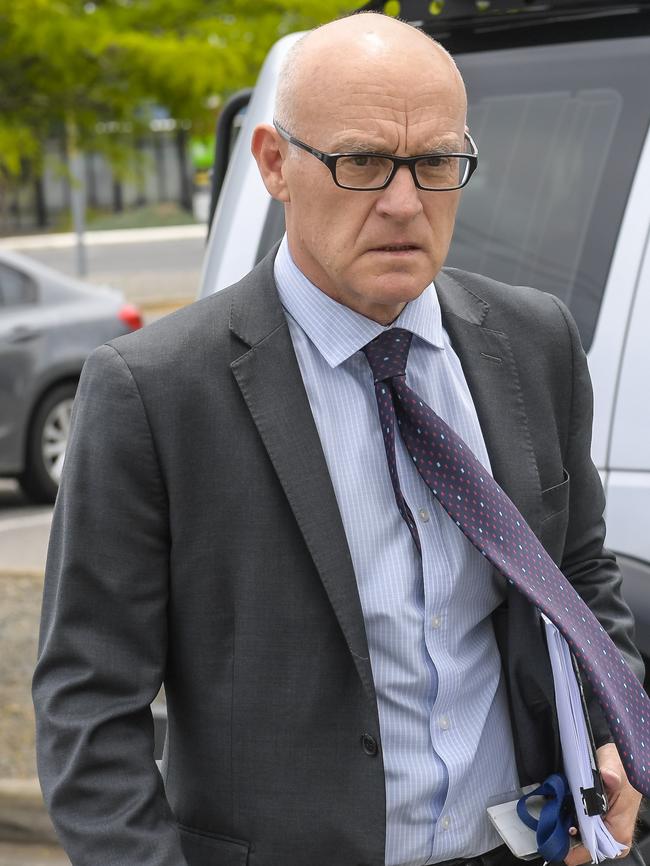
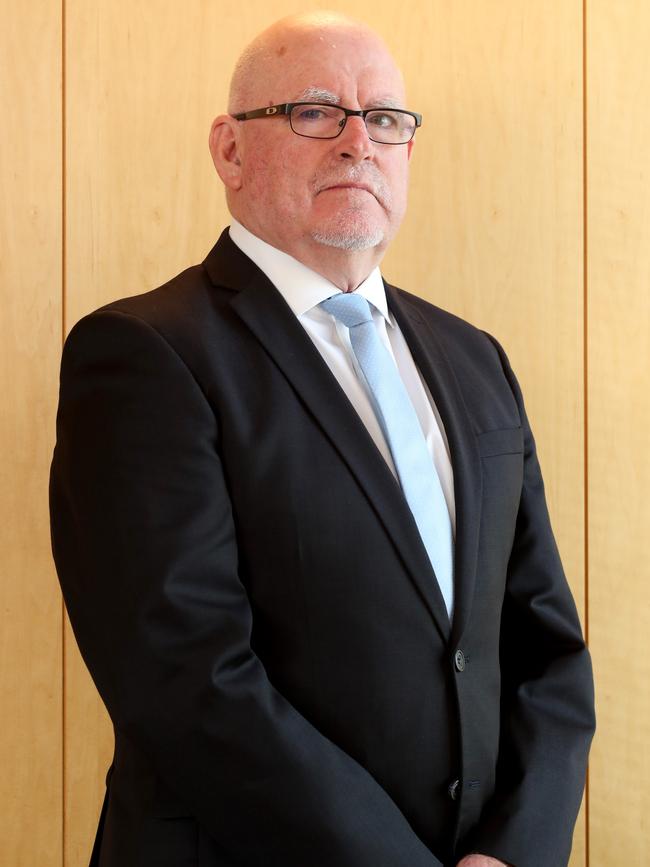
Mr Schapel, who argued it was a “pointless” appeal, said there had been a “certain amount of analysis … behind the scenes”.
The court heard SA Police had “curtailed” use of such warrants while a Court of Appeal bid was abandoned.
“It’s amazing how, on the face of it, it should be a non-controversial little trust account,” the Chief Justice said.
“As, over the years, (it’s) been the centre of a number of controversies - one when I was Solicitor General but that’s another matter.”
The Chief Justice granted the appeal on April 14, with costs and conditions such as banning transactions that devalued the funds.
He also gave permission for prosecutors to apply to have the District Court freeze the accused’s bank accounts.
Outside court, Mr Nottle said it was important police and the DPP were “held to account” when “interfering with the most precious and fundamental aspects of a person’s property”.
“This matter exposed the wrongfulness of (SA Police) and the DPP’s long standing approach and no doubt there will be significant ramifications that flow from that,” he said.
Trade and Investment Minister Joe Szakacs this week told parliament the legal “issue” had forced change to ensure criminals “don’t profit from their crimes”.
Laws he was tabling on behalf of Mr Maher would extend freezing order deadlines to a week, broaden legal definitions, validate all seizures, backdate changes and exempt taxpayer liabilities.
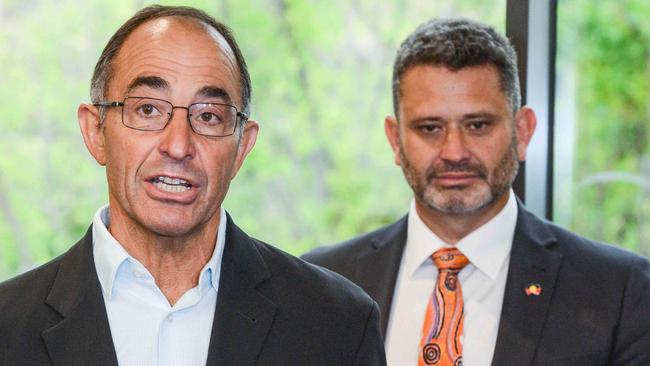
Opposition spokesman Josh Teague said the government had assured him it would make “targeted consultation”.
The laws passed the Lower House on Thursday and the Legislative Council is expected to approve the legislation next week before the midwinter break.
In a statement, Mr Maher said the government was acting “swifty” and a suggestion laws were being “sneaked quietly through parliament is absurd” as he had briefed the opposition and cross bench MPs before it was introduced.
“We make no apologies for taking every measure to stop bikies and other drug traffickers from benefiting from the misery they peddle on South Australian families,” he said.
“The people most likely to oppose this legislation are those with criminal assets to hide.”
An SA Police spokesman refused to comment.





